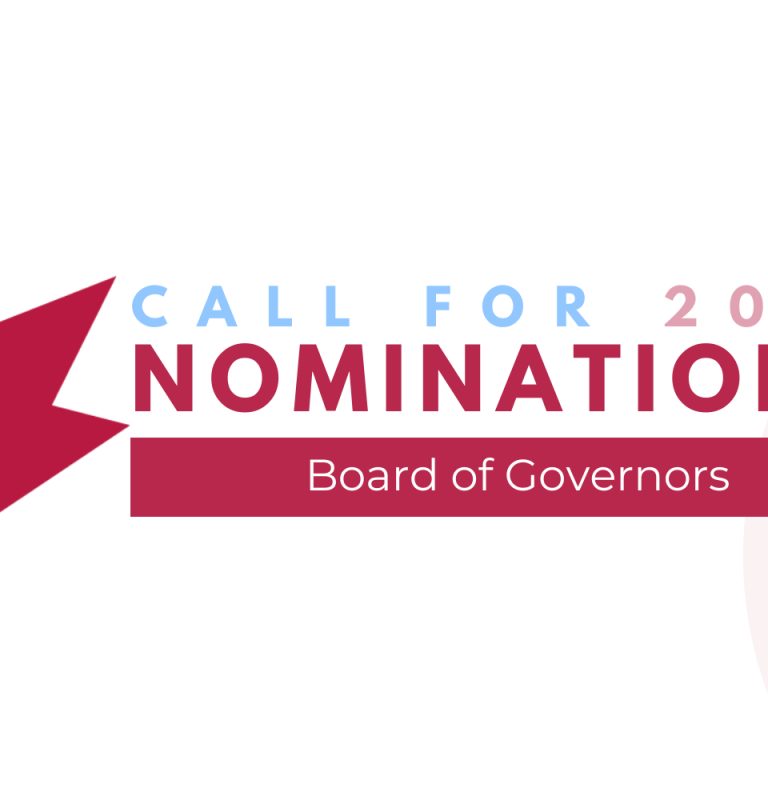
News
CCCJ Makes Presentation to Trade Officials
CCCJ Makes Presentation to Trade Officials
Senior Japanese and Canadian trade officials met in Tokyo on December 9, 2010 for the third round of the bilateral Trade and Investment Dialogue, established by the Joint Economic Committee in 2008.
Eric De Groot, President of the Canadian Chamber of Commerce in Japan (CCCJ) and Shawn Lawlor, Chair of the CCCJ Trade Policy Committee, attended the morning session of the meeting and made a presentation outlining the Chamber’s support for an early conclusion of an Economic Partnership Agreement between Japan and Canada.
The government officials were also presented with the CCCJ November 2010 Trade Policy Paper entitled "Capitalizing on Natural Synergies: Towards an EPA Agreement Between Japan and Canada", which outlines the Chamber's views on current bilateral trade issues.
During the CCCJ presentation, which took place at the Ministry of Foreign Affairs, De Groot noted that despite an impressive rebound in bilateral trade volumes since the onset of the global economic downturn, bilateral trade between Canada and Japan has fallen in relative terms as other markets such as India and China have grown. He called on officials from both governments to begin negotiations for an Economic Partnership Agreement as a matter of priority so that businesses in both countries can take advantage of the natural synergies that exist in each other’s markets. The recent downturn in the United States has also taught Canadian businesses the danger of over reliance on one export market. The current trade environment creates a unique opportunity to attract the attention of those Canadian businesses that are looking to diversify.
Recent discussions at the APEC Leaders Meetings in Yokohama in November show that other countries and regions are moving ahead with their own EPAs or expanded trade efforts. Canada and Japan cannot afford to fall behind. De Groot noted that government and the private sector both benefit when the foundation exists for a more active dialogue between business and government.
An EPA between Japan and Canada will have a number of benefits for both countries, including opening new markets for goods and services; promoting innovation and competition; enhanced living standards; more secure access to resources, technology and investment; increased transparency; and increased people flows.
In addition to the call for an early conclusion of an EPA, the CCCJ Trade Policy Paper also identifies a number of specific issues that the Chamber wishes to see addressed by government officials.
Four sector priorities identified as of special concern to the CCCJ are:
- financial services
- air transport
- forest and building products, and
- food and agriculture.
Chamber members hope to work with governments directly on these issues without waiting for the conclusion of an EPA.
The CCCJ paper also identified several non-traditional issues as being of concern to CCCJ members, including the possible elimination of the JET program, spousal employment rules and the tax deductibility of school fees. Although issues such as these are not usually raised in trade talks, they can directly affect the ability of business people to live and work comfortably in Japan and thus can affect decisions Canadian companies make to open offices or establish a presence in Japan.

























